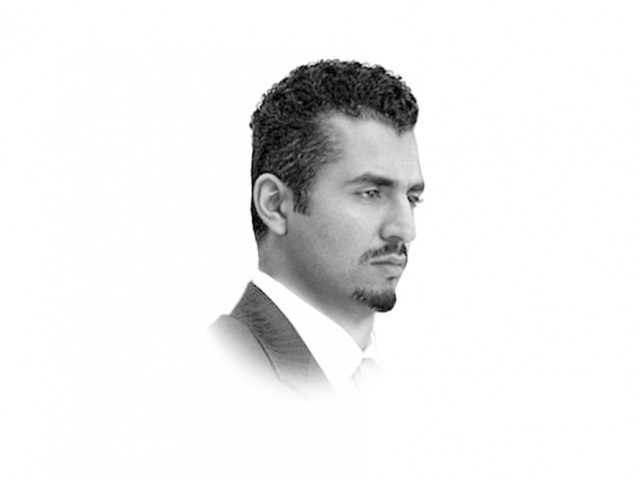Learning from the Middle East
However this chapter plays out, the world will see that democratic dissent in Muslim-majority countries is not dead.

And the price of this dissent is not an easy one to pay. Already over 140 people have died in Egypt in the week-long protests and many more have disappeared into the country’s notorious torture chambers. As an Amnesty International adopted Prisoner of Conscience and a survivor of the infamous Egyptian state torture, I know all too well the danger that those spearheading this democratic action currently face. One such person is my friend Ahmed Salah — a fearless revolutionary who has been galvanising Egyptian youth into action through civil-revolt strategies. Till January 31, Ahmed was in custody, but I’ve been told that he has since been released with ‘only’ a broken nose. And as I write this, I’m sure he is back on the streets agitating once again.
Others who have become symbols of hope are leaders in the Egyptian ‘Kifaya’, or ‘enough is enough’, movement, such as the leftist Ahmed Saif, the lawyer who defended me during my own trial, and former presidential challenger, Ayman Nour of the Tomorrow Party. Coming in second after challenging Egypt’s President Hosni Mubarak during the 2005 elections, Ayman was imprisoned for seven years. Ayman, too, was once an Islamist from the group I had belonged to but he had decided to leave Islamism behind and campaign for democratic politics. I soon followed the precedent he set.
It is for these reasons and more that I have hope in the democratic nature of the Egyptian uprising. But what can we in Pakistan learn from these developments? For long we have been told that Islamist movements present the only viable alternative to repressive regimes in much of the Arab world. And a similar kind of thinking has gained traction over the years in Pakistan: extremist organisations seem to be the only real force in the country. For obvious reasons, the extremists have encouraged this view, positioning themselves as the only ‘authentic’ opposition to corruption and injustice, with the resources and popularity to organise large-scale demonstrations and intimidate opponents. Perversely, our leaders have often stood to gain from this view as well, drawing international support for their inept regimes by playing on western fears of an ‘extremist takeover’.
But as the recent Arab example has illustrated, this excessively binary view is flawed. The streets of Egypt and Tunisia were filled, not by Islamists hijacking the name ‘Khilafah’, but by the urban angry. The protests have not been about the establishment of theocratic rule but rather about citizens expressing their outrage at the lack of jobs, housing, and education, the years of corruption, the rising prices of food and petrol and the coercive and brutal methods used to suppress their democratic will.
In these times of darkness in Pakistan, I choose to see this as an encouraging sign. Between corrupt regimes and extremist takeovers, there can be another way. However this latest chapter in the history of the Middle East plays out, the world will have seen that democratic dissent in Muslim-majority countries is not dead. So let’s not lose hope just yet.
Published in The Express Tribune, February 2nd, 2011.















COMMENTS
Comments are moderated and generally will be posted if they are on-topic and not abusive.
For more information, please see our Comments FAQ